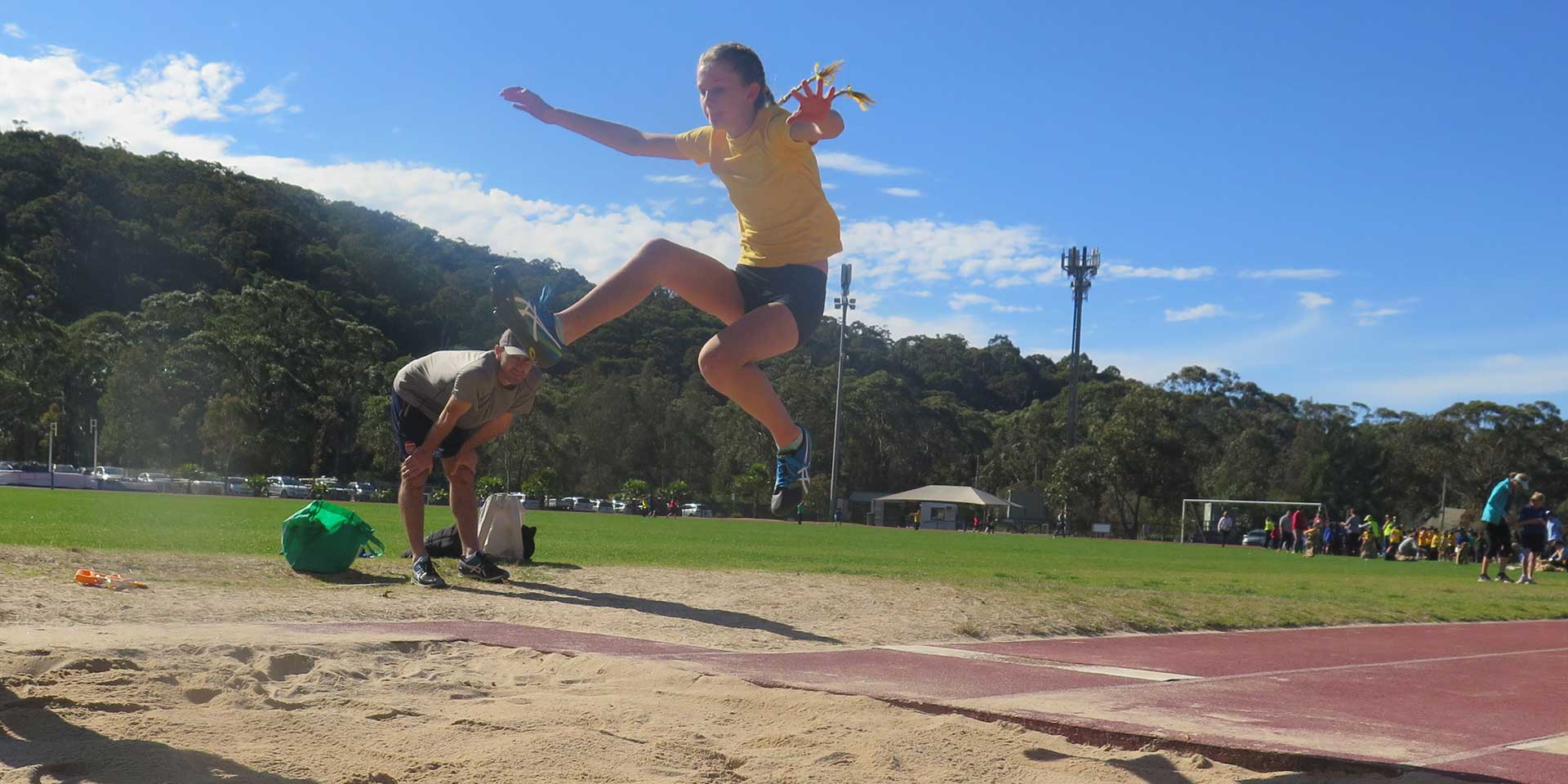What to watch for in your young athletes
So your kids LOVE their sport and play at a highly competitive or representative level? That’s great! You’re raising your very own young athletes.
For children, the benefits of playing organised and competitive sport go beyond the obvious, things like developing better coordination, balance, motor skills, fitness, muscle function and stamina. It also provides them with a wonderful opportunity to learn lifelong skills, such as teamwork, and to develop friendships beyond school. Plus there are the health and wellbeing benefits that participating in sport delivers, including improved academic performance and increased self-esteem.
But there is such a thing as too much exercise. And today, more than ever, there are increased demands on athletic children, from the amount of training that’s often required to the pressure of early specialisation.
Not only can ‘too much’ exercise create a unique set of health challenges, it can also affect how your kids feel about being active. And that can have a knock-on effect for how much activity they feel like doing as they grow older.
How do know if your kids are doing too much? These are the three signs to look for to keep your young athletes healthy and help to prevent burn out.
- Firstly there may be psychological signs such as a loss of motivation, not looking forward to playing, not feeling great after a game or training, and just not enjoying it anymore. This signals a need for some time out or that they might want to try something different.
- Secondly, there may be physiological signs such as soreness that lasts for days, injury or general fatigue. Again, listen to these signs. Let your kids take some time off and get full rest. And if the soreness persists, make sure you get some professional advice – not only should children never be encouraged to exercise through any pain, the sooner you address a potential injury, the faster they’ll recover.
- Finally, and particularly if the previous signals are ignored, you may notice performance signals, where your child might not be not playing as well, running as fast, scoring as many goals or just not playing a positive game overall. Ideally, you want to do what you can to avoid reaching this stage, so that you can catch the ‘burn out’ signs at step one or two, instead.
Wondering how to help your young athletes avoid experiencing any of these signs, at all? Read more about that in my article, here.


